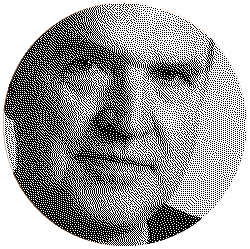A lot has been written about the effect of Covid-19 and the associated year-long shutdown, on cities. The present situation is dispiriting: so many of the amenities that attracted people to cities in the first place—theaters, museums, ball parks, restaurants, bars—are either closed or half-closed. Too many businesses have gone out of business. Municipal tax revenue is down; municipal social costs are up. Commuting is down; crime is up. Tourism—a number one industry in many cities—is down; homelessness is up. Most urban commentators have reverted to their priors. Advocates of decentralization see a further shift to suburban living; digital seers see more work at home; downtown advocates say not to worry, it will all come back. Will it? Peggy Noonan’s contrarian column in the Wall Street Journal makes for sobering reading. “You can know something yet not fully absorb it. I think that’s happened with the pandemic. It is a year now since it settled into America and brought such damage—half a million dead, a nation in lockdown, a catastrophe for public schools. We keep saying ‘the pandemic changed everything,’ but I’m not sure we understand the words we’re saying.”


